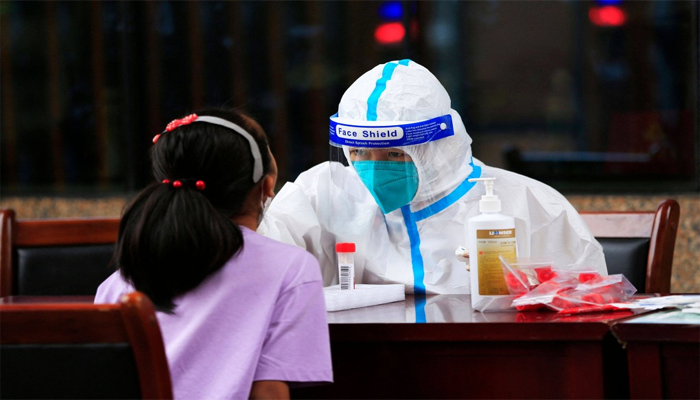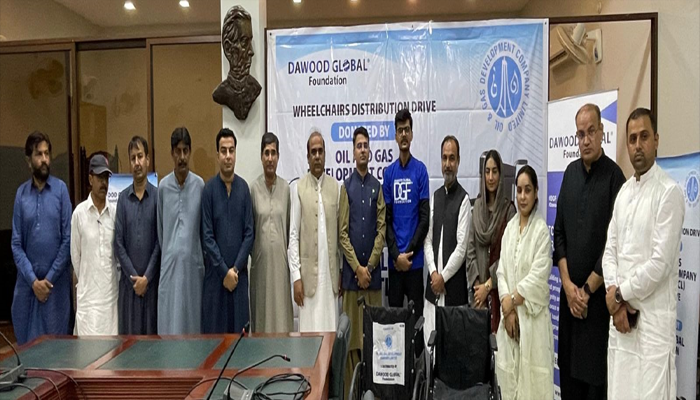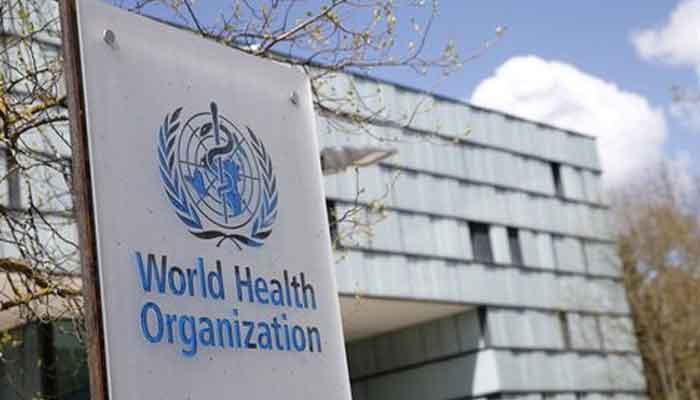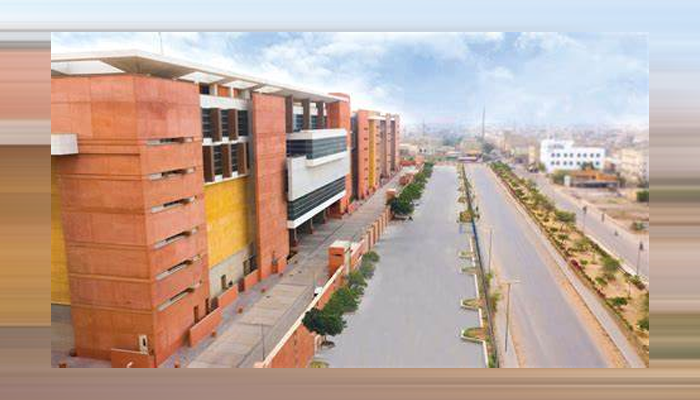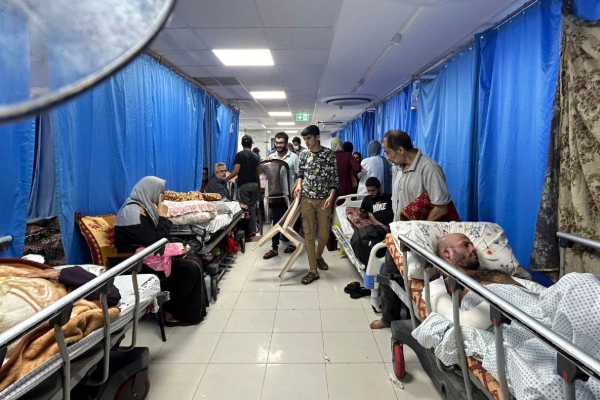A fresh wave of COVID-19 infections is sweeping across parts of Asia, with Hong Kong, Singapore, and other regional hotspots reporting sharp increases in cases and hospitalisations. Health authorities are raising alarms, though current variants are not believed to be more dangerous than previous ones.
In Hong Kong, officials report the highest virus activity in over a year. Albert Au, head of the Communicable Disease Branch at the Centre for Health Protection, revealed that respiratory sample positivity rates have surged. The city recorded 31 COVID-related deaths in the week ending May 3, alongside increased hospital visits and sewage viral loads—clear signs of widespread community transmission.
The spike has disrupted public life, with prominent singer Eason Chan cancelling concerts in Taiwan after testing positive.
Singapore has also seen a 28% rise in COVID-19 cases in early May, accompanied by a 30% increase in hospital admissions. In response, the Ministry of Health issued its first major COVID-19 update in nearly a year. Officials attribute the rise to waning immunity and have urged vulnerable individuals to get booster doses. They reassured the public that current variants show no signs of increased severity or transmissibility.
In mainland China, hospital test positivity rates more than doubled over a five-week period ending May 4. Thailand experienced cluster outbreaks following April’s Songkran festival, further heightening regional concerns.
India, however, appears to be an outlier. According to the Ministry of Health and Family Welfare, the country currently reports just 93 active cases, with no indicators of a new wave.
Public health experts across Asia are urging citizens—especially high-risk groups—to stay vigilant, get vaccinated, and keep up with booster shots to curb potential spread. While the overall risk from new variants remains low, the resurgence serves as a reminder of the virus's persistent threat.

